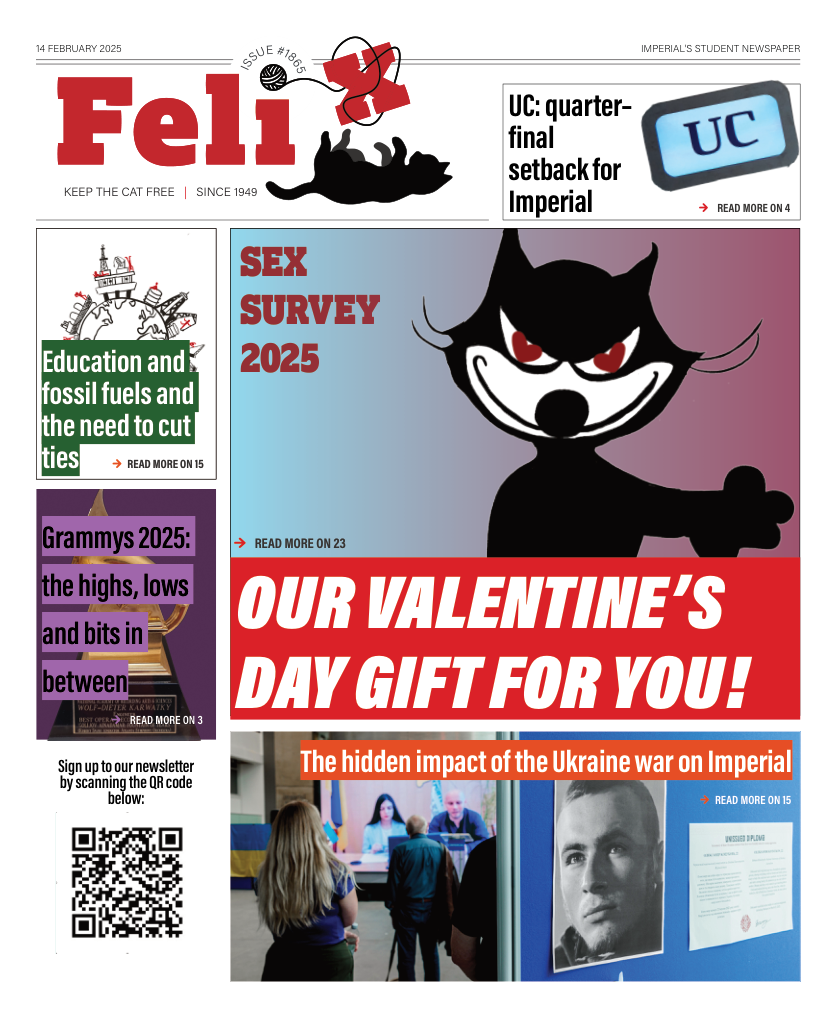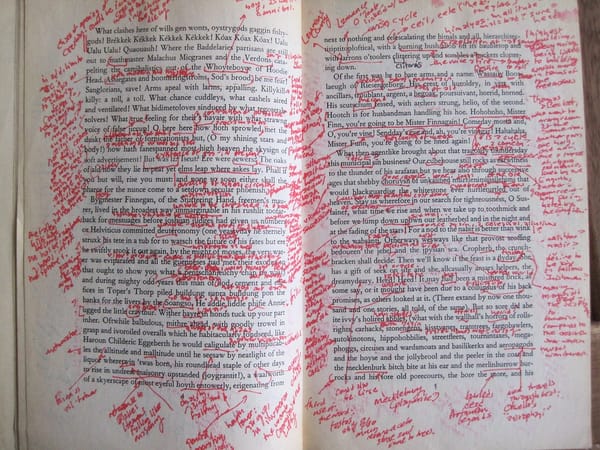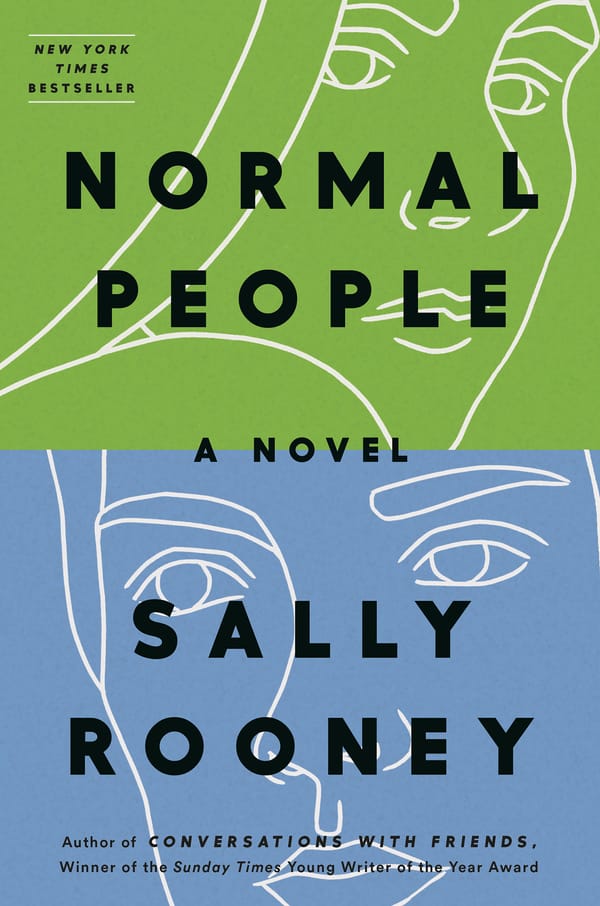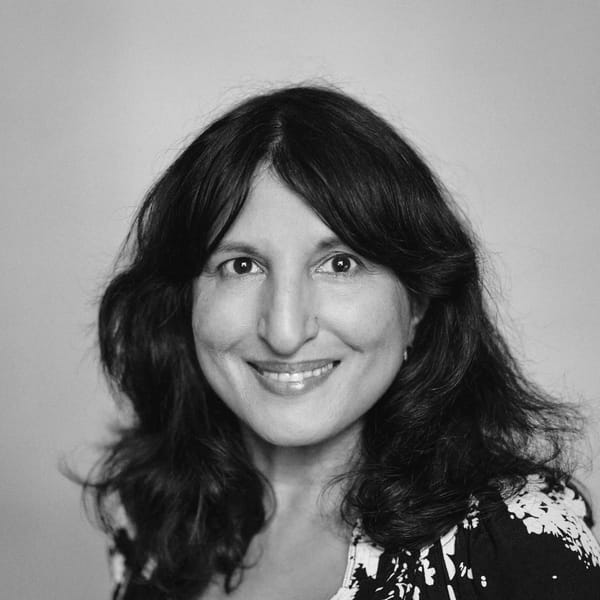‘Intermezzo’ is very Sally Rooney
The disappointment of Rooney’s latest novel comes with no surprise, neither does the desire to read it.
I will not deny that I have been hypercritical of Rooney in the past, and then hypocritically consumed her novels and become overly preoccupied with her characters. I have even gone out of my way to suggest her first two novels to other editors and students. I am afraid to admit that I have not broken away from this habit of mine with Intermezzo. But I hope that Rooney, clearly such a fan of nuance herself, would be understanding with the obsession in something one mildly dislikes. Perhaps that is her brilliance, or alternatively this is a rare situation only provided by a huge platform and marketing budget.
I do not like the James Joyce modernist narrative. I think it is contrived. I understand Rooney is highly intelligent and well-read. I know that James Joyce is also Irish. I do not think Rooney is James Joyce.
I also see that the narrative style is a build-up and plot point later for the climax of the novel. This does not mean that Rooney could not have done more heavy lifting with the narrative to avoid the use of the stream of consciousness style. I think the style makes the more interesting, addictive narrative of Peter entirely unlikeable and hides important detail inside its difficulty. Peter’s chapters are not good because of the narration, they are good despite it.
Ivan’s chapters are not good because of his drier plot, but their narration does not hold them back. Perhaps I am not the target audience, or I am not clever enough. But Rooney is supposedly writing “real” people, and I am a real person, not a contrived academic, and I think it takes away from the possibility of what has the potential to be wonderful character work.
Rooney is consistently praised for writing real, complex, nuanced characters. I will not disagree with the latter two adjectives; I only hold fault with the first. Rooney is obsessively preoccupied with making all her characters extremely intelligent and awarded. I see why she does this, because she is extremely intelligent and decorated with accolades. However, this baseline requirement for every character means their full personality does not feel real to me.
Her characters morph into nuanced, morally grey, tortured, modest, yet egotistical, but illogical (and demure, if a woman) Trinity College Dublin undergraduates or postgraduates (Oxford, for the English reader equivalent). These could be real people if they were, ironically, “normal people,” rather than hyperintelligent top university scholars.
My last qualm is that Rooney cannot write endings. This holds true for Intermezzo. The lack of ending in Normal People works. The ending in Intermezzo is frustrating. It is purposeful, it attempts to hold a mirror to society, but it is still poor. Yes, men get away with their bad behaviour in real life, et cetera. It is a book. I want to end up in a different place than I started. To not do so feels unrealistic and negligent to the characters, especially Sylvia and Naomi and their emotional arcs.
I wanted to read a book, as advertised, about a relationship between two brothers exploring their complicated, platonic dynamic as they grieve. I was impressed with Rooney challenging herself in this way. Instead, I had to read a novel about heterosexual, semi-successful non-monogamy, and was still expected to take Peter’s love seriously. This is very Rooney.
I think Lila Harrison will give this book a 3 out of 5 stars, despite not liking the novel, because she is afraid Rooney will somehow contact her and explain everything is purposeful. I am not afraid of this, because I too believe this, but I am not convinced or charmed by Rooney's depiction of modern life.












